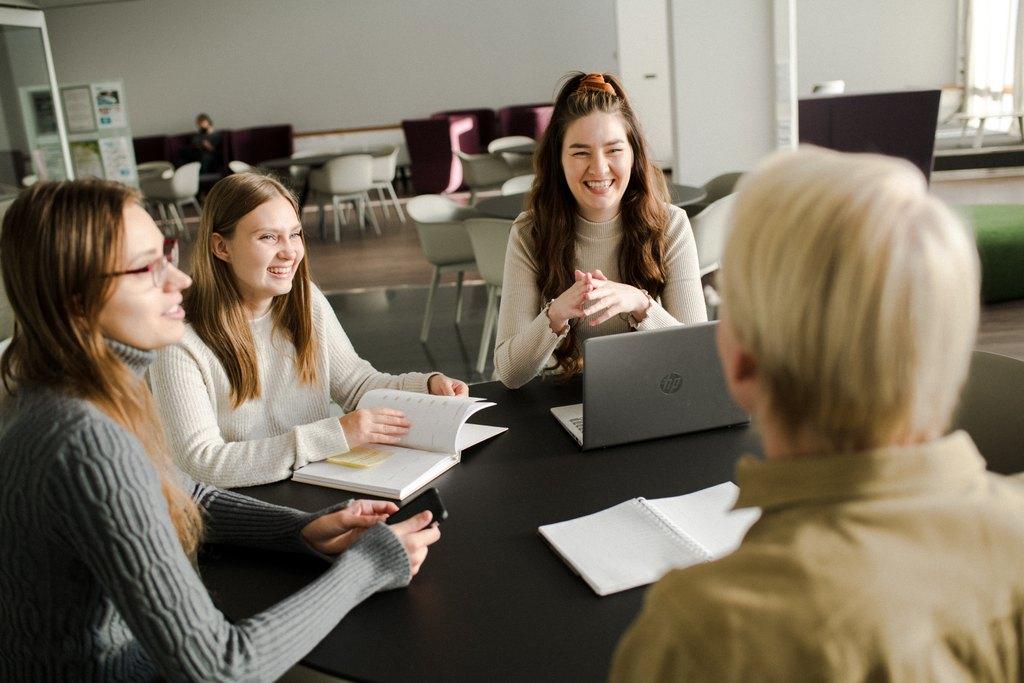How do we act, what do we believe in?
Be Good, Do Good.
We believe in being good and doing good.
We aim to influence students’ beliefs about entrepreneurship and actively break outdated stereotypes associated with it. We believe entrepreneurship is a liberation movement for working life—a way to do good and change the world. Entrepreneurship is one way for making a positive impact on society and the environment. Good can be done in many ways: by caring for employees, creating jobs, or developing a business idea that improves the world.
Our core mission is to promote sustainable entrepreneurship within the Tampere Universities community and the broader Tampere ecosystem. We strive to create systemic change.
By sustainable entrepreneurship, we mean entrepreneurship that considers different dimensions of sustainability: ecological (positive impact on the environment), social (enhances people’s well-being), and economic (aims for responsible growth without compromising the ecological and social dimensions).
We create small cracks in the dam that can blow up the entire dam over time. We question and break existing stereotypes around entrepreneurship.
Our values
Be Good – For yourself and others
Do good – Create a positive impact
Magical Uplift – We create uplifting and inspiring learning experiences.
Sustainable Impact – We emphasize lasting and sustainable effects in both learning processes and the ideas created by students.
Also, our partners, who we work with, value students and learning, and share our values.
Most important residents in the village

Students are the most important residents in the village for us. They are the source of our endless joy and insights, and that is why we are always curious towards them. They succeed to surprise us one time after the other with their innovative skills and talent. Students also keep us moving forward. Feedback tells us how we succeed in our work.
Learning at HUBS
Our goal is to help students develop into socially responsible change makers and sustainable entrepreneurs, who are
- Skilled team players / team members and leaders (responsibility of social wellbeing)
- Business-savvy developers (responsibility of economy)
- Empathic innovators (responsibility of environment and humanity)
Our view is humanistic: we believe in human will, goodness, creativity, and the capacity to grow and develop. We see each person as unique, self-directed, and purpose-driven, trusting in their own potential for growth.
HUBS courses are united by trust in and among students, collegiality, a relaxed and encouraging atmosphere, authentic experiences, the use of team agreements, discussions about learning (principles of dialogue, tasks of learning teams, three-level learning, the role of trust in teamwork, etc.), fostering continuous and open communication, building trust within learning and project teams, and reflecting on what has been learned (e.g., through check-ins and check-outs).